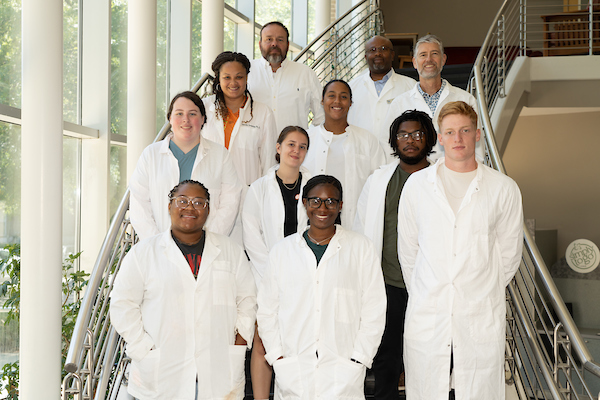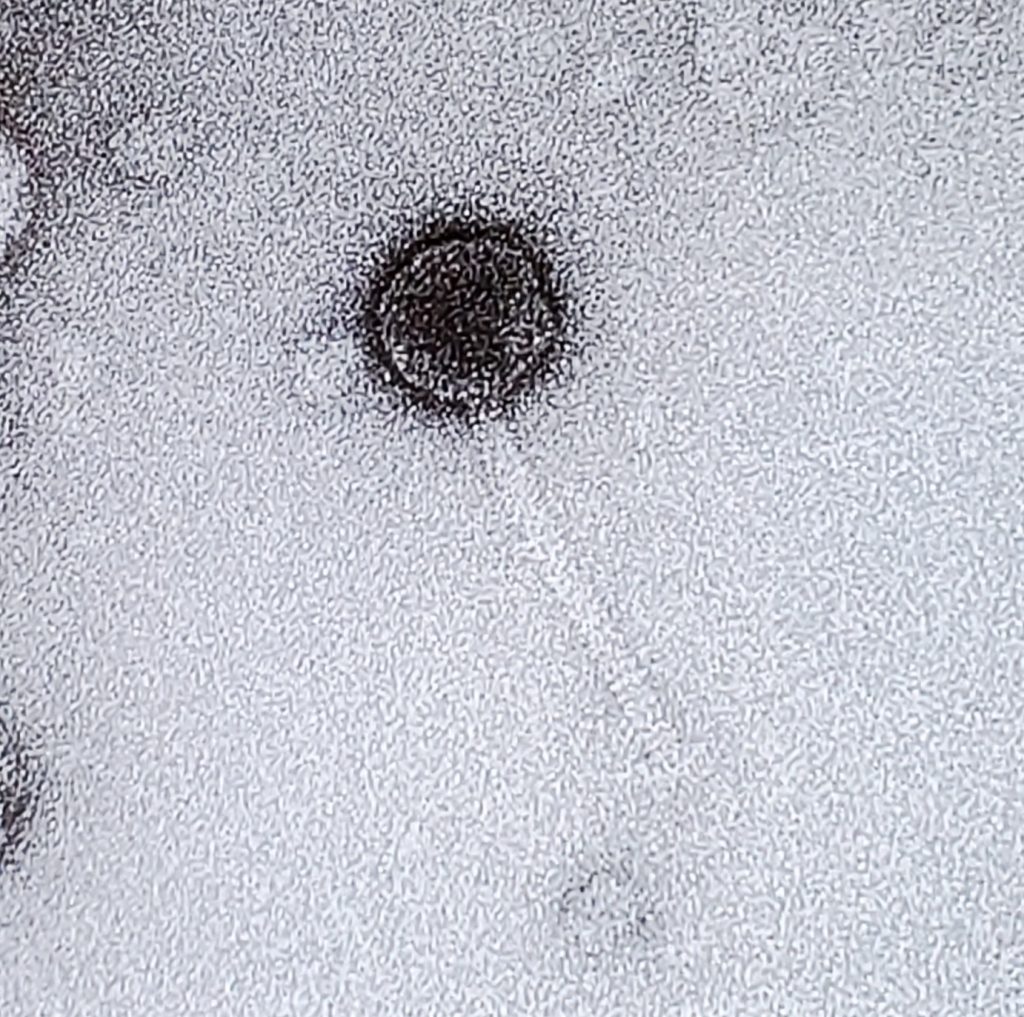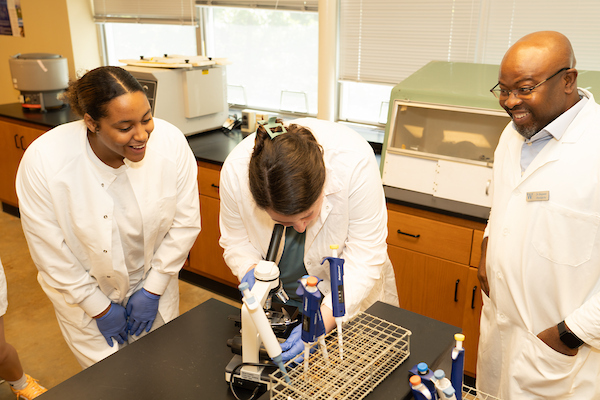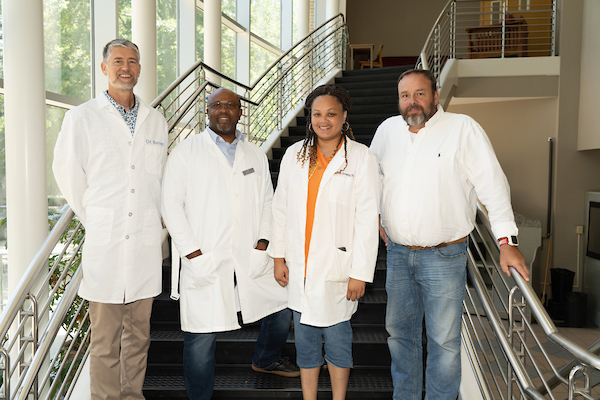About Us
The W is proud to be a part of the SEA-PHAGES program. First-year students at MUW can now choose to take a two-semester discovery-based course to learn the fundamentals of biology. Rather than focusing on learning through lectures, this two-course sequence – BSB 171 Biology I and BSB 172 Biology II – allows students to learn biology largely through discovering and characterizing new viruses from the local environment.

The SEA-PHAGES (Science Education Alliance-Phage Hunters Advancing Genomics and Evolutionary Science) program is a consortium of over 100 universities and community colleges offering phage-hunting courses. SEA-PHAGES is jointly administered by Dr. Graham Hatfull at the University of Pittsburgh, Dr. Steve Cresawn at James Madison University, and the Science Education division of the Howard Hughes Medical Institute in Maryland.
Phages, also known as bacteriophages, are viruses that attack bacteria. In the first semester, BSB 171 Biology I, the students develop knowledge and skills by using microbiology and molecular biology techniques to discover novel phages in the local environment.

In the second semester, BSB 172 Biology II, the students expand their knowledge and skills using complex computer-based bioinformatic approaches to explore, analyze, and annotate the entire genome of the viruses they discovered in the first semester.

This program will engage, interest, and train our undergraduates in biology and the scientific method. The course is designed for freshman science and non-science majors alike who are interested in participating in authentic research experiences.

Students in the SEA-PHAGES course will have the opportunity to name their discovered phage, receive one-on-one mentorship, present at scientific meetings, and even have a chance to become co-authors of manuscripts for publication in a peer-reviewed journal.
The MUW SEA-PHAGES Faculty Members
The SEA-PHAGES faculty at the W underwent training in a workshop sponsored by Graham Hatfull’s group at the University of Pittsburgh and the Howard Hughes Medical Institute’s Science Education division. Each faculty member has over 20 years of research experience. Dr. Robert Sample and Dr. Davida Crossley are involved in the Phage Discovery component, Dr. Brian Burnes and Dr. Benjamin Onyeagucha are engaged in the Bioinformatics component.

Continue on to:
BSB 171 Biology I – Phage discovery phase
BSB 172 Biology II – Bioinformatic analysis of phage genome phase
